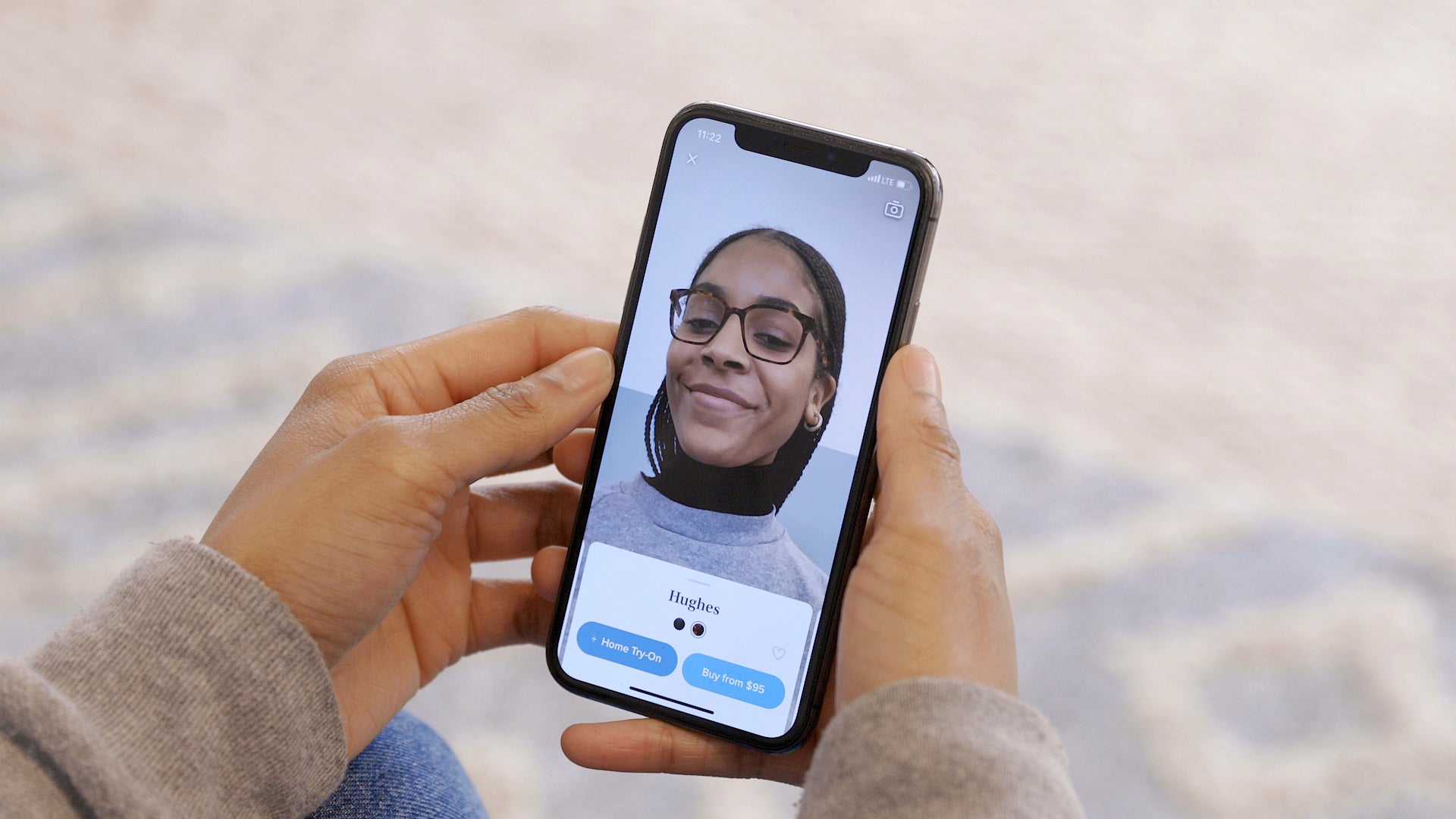Brands from Warby Parker to Sephora have actually found sensible uses for AR
Eyewear maker Warby Parker is the latest brand to use augmented-reality technology in a way that actually might make the lives of its customers easier. The company, which was last valued at $1.75 billion in 2018, launched its “Virtual Try-On” feature this week (Feb. 4) as an update to its existing app.


Eyewear maker Warby Parker is the latest brand to use augmented-reality technology in a way that actually might make the lives of its customers easier. The company, which was last valued at $1.75 billion in 2018, launched its “Virtual Try-On” feature this week (Feb. 4) as an update to its existing app.
Warby Parker, which has an online shop and physical retail locations, already made the slog of glasses shopping slightly smoother with its home try-on program, but it’s stepping up its game now. A press release notes that the virtual try-on function is available to iPhone X, XR, and XS users, and uses Apple Face ID tech and an algorithm developed by Warby Parker to get a realistic look at how well a pair might suit your face. The algorithm “mimics unique 3D facial curvatures… resulting in a lifelike fitting room experience that reflects realistic frame color, texture, size and fit,” the company promises in a press release about the new feature.
Warby Parker is the latest in a wave of companies embracing AR technology to improve their retail experiences. Industries in which shopping models typically rely on tactile experiences—like trying things on or seeing how items look in a particular space—are experimenting with the tech. Ikea, for example, launched the Ikea Place app in 2017, which can place digital furniture in your own home. And last year, Amazon patented the Echo Look, an AR mirror that lets you try on clothes virtually. (It has so far received mixed reviews.)
Meanwhile, the use of facial recognition specifically has been a big business for the beauty industry since 2016, thanks in large part to the beauty-focused AR startup ModiFace, which was acquired by L’Oréal early last year. ModiFace is the company behind Sephora’s “Virtual Artist,” an app that lets users “try on” various makeup products virtually. More recently, the Consumer Electronics Show (CES) in Las Vegas saw a wave of technological innovations from beauty companies, including an AR mirror from Coty that lets customers digitally test out a range of hair colors.
Once a science-fiction pipe dream, facial-analysis software has been around in rudimentary forms since the 1960s, and has become better, and more commonplace, in recent years. It’s still far from perfect, though. It’s been shown to be easily fooled, and has attracted controversy for inaccurately analyzing non-white, non-western faces, misidentifying people of color much more frequently than it misidentifies white people. In spite of this, retailers appear to be doubling down on the practical promise of AR, which is good news for consumers who prefer to shop from their iPhones.